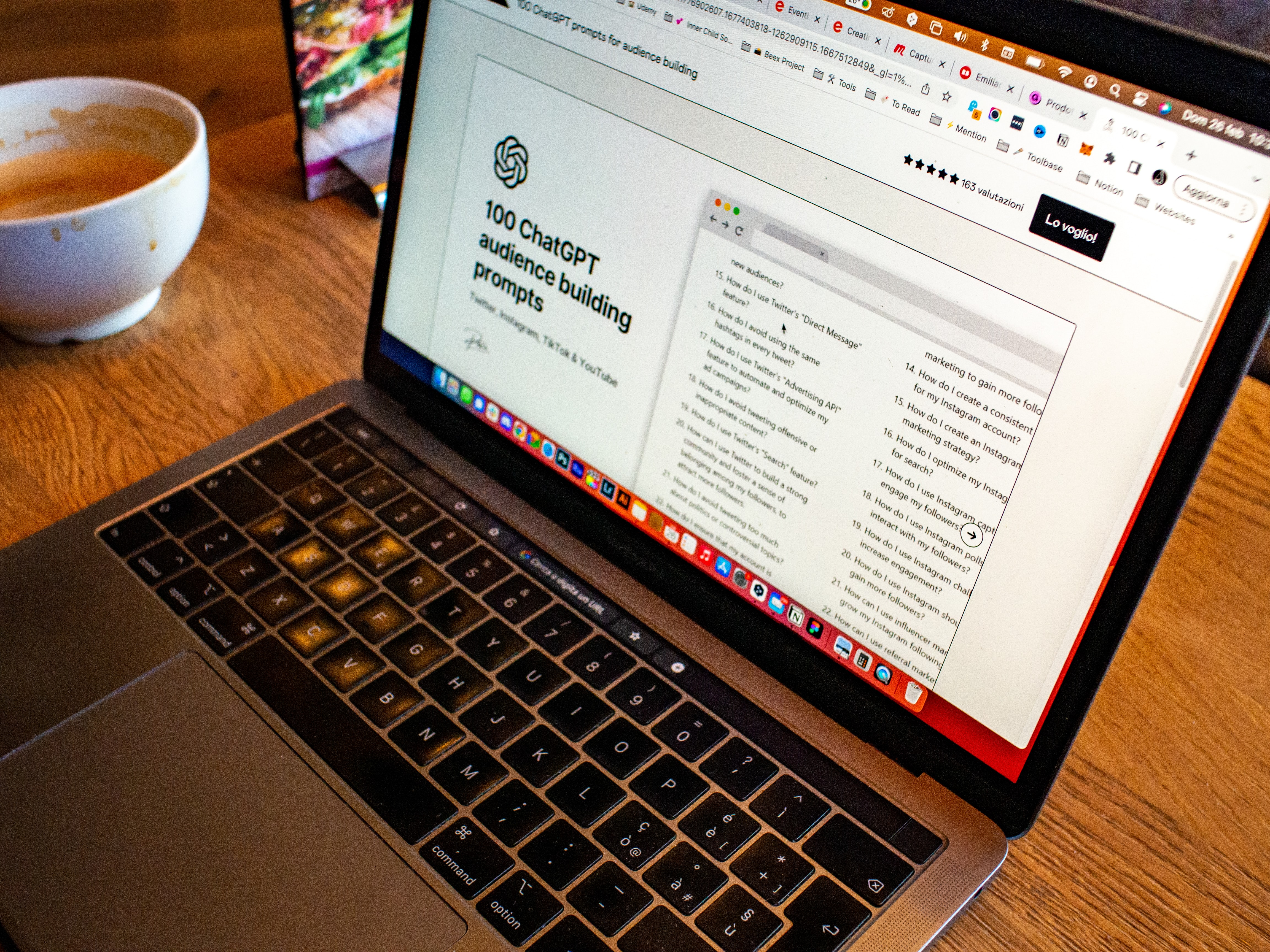News release
From:
AI software like ChatGPT provides benefits, poses risks for researchers and scientific publishing field
Abstract: https://www.acpjournals.org/doi/10.7326/M23-0154
URL goes live when the embargo lifts
In a new ‘Ideas and Opinions,’ authors from Amsterdam University Medical Center outline the possible benefits, problems, and future of medical research assisted or written by artificial intelligence (AI) software applications like ChatGPT. The piece is published in Annals of Internal Medicine.
On 30 November 2022, a company called OpenAI released an online, AI-powered chatbot called ChatGPT (Generative Pre-trained Transformer) that simulates human conversation. Users will now be able to quickly summarize existing medical research findings, assist with medical decision making, and generate educational materials. This new technology may have significant implications for researchers, reviewers, and editors in scientific publishing.
In their piece, the authors argue that software like ChatGPT will allow researchers to create manuscripts more efficiently by assisting in generating complete, standard scientific text. They also highlight that this software may help nonnative English-speaking authors with grammatical errors, likely increasing their chances to have their findings published. However, the authors warn, the knowledge bases of software like ChatGPT are limited and users will need to cross-check information to ensure its accuracy. They note that pre-prints, existing misinformation, and ChatGPT’s tendency to generate nonexistent references while creating text may further complicate this process. The authors suggest that journals create policies for using ChatGPT transparently. They also advise that adding ChatGPT as a coauthor raises concerns because it cannot be responsible for its content and may not meet authorship criteria. Instead, authors could highlight areas of generated text that reviewers and editors can further scrutinize.



 International
International



